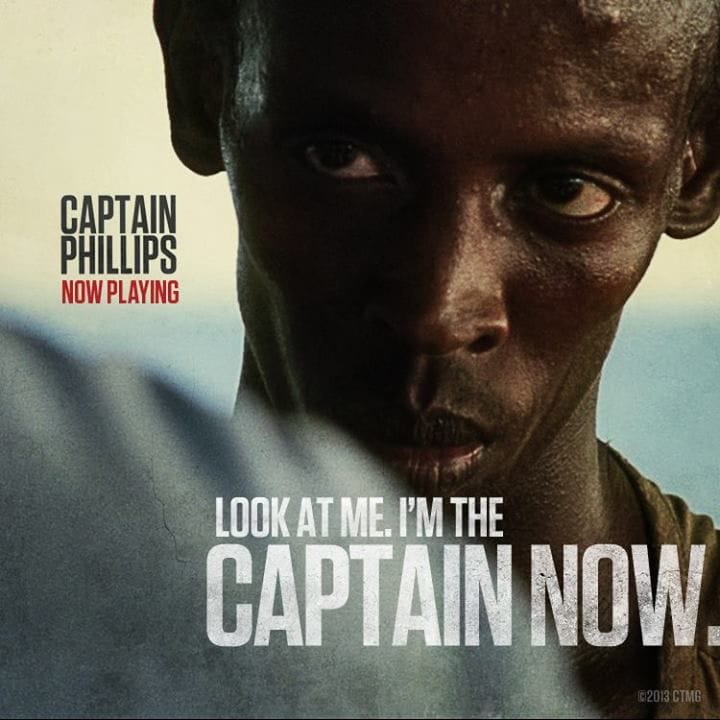The Long View 2005-06-29: The President; The Emperor; The Zombie Dogs

Maximus Decimus Meridius might point out he found one good use for the gladiatorial games.
The President; The Emperor; The Zombie Dogs
As is generally the case with George Bush's major foreign policy addresses, there was little to quarrel with in his speech last night at Fort Bragg, however unfortunately named the venue. He reminded the people of something that is obvious to everyone except editorial writers: there is a deep connection of ambition, worldview, and tactics between the 911 attacks and the Islamist kamikaze campaign in Iraq. Something he did not mention, perhaps wisely, is that the connection dates to the 1980s. Truck bombs were then used with complete success against the US in Lebanon, with consequences from which the region has never recovered. Leaving Iraq would by no means allow us to avoid dealing with this constellation again, even in the short run. Defeating it in Iraq would defeat it everywhere.
The speech seems to have been well received. The president's serious political opponents are confining themselves, for the most part, to saying that they want to do what he wants to do, but to do it right. The president's problem is his supporters, which in this context includes people like me. One cannot repeat often enough that George Bush was reelected to win this war. No one cares about his goofy plans for Social Security. Many people do care about who he will appoint to the Supreme Court, but not enough to justify his continuing tenure in the Oval Office. He has no other reason to be where he is than to mobilize domestic political support for the war, and to communicate to the enemies of the United States that they cannot simply outwait American determination.
President Bush has done a very poor job on the first count. Since his second inauguration, his Administration has avoided public discussion of foreign policy. Even his speech last night, fine as it was, had the air of a statement squeezed in among his many other pressing appointments. There are some issues, even important ones, that can be handled this way. However, the president was addressing a roomful of military personnel, who either had already been to Iraq or will go in the near future. His speech included a call for more young people to enlist; in other words, to take the chance of dying for what he had just said. If you are going to say things like that, you have to say them every day.
George Bush makes very good "Why We Fight" speeches. They are the sort of address that is necessary to solidify support for a war. He has yet to deliver a "Blood, Sweat, and Tears" speech, which is necessary for any conflict that goes on for more than a few months. The Administration is correct to dismiss proposals for a return to the draft: conscript armies are unusable in today's world, which is why some people are proposing recreating one. However, the president might usefully explain how we are going to pay for all this.
As for domestic security, the president was right when, initially, he opposed the security "reforms" recommended by the 911 Commission, and also the creation of the Department of Homeland Security. They are both horses designed by a committee, enacted to allow Congress to pretend it was doing something useful. Nonetheless, these monstrosities might be made to work, if the White House gives the heads of the new agencies (who are good appointments, actually) the support they need to fight the existing bureaucracy and its protectors in Congress. Public presidential involvement would have helped a great deal, but it has not been forthcoming. Alas.
* * *
Perhaps the worst miniseries ever to appear on American network television was called A.D. Memory has effaced the harsh details, including just when it was broadcast, but I recall it was a love story involving gladiators (though not between gladiators) set in the early Roman Empire, with a Christian evangelist in attendance. No DVD or VHS version of this epic seems to be available (one suspects that all copies of the screenplay have been burned), so it is hard to track down details. I do seem to recall that it began its shabby life as an adaptation of Anthony Burgess's novel, The Kingdom of the Wicked, which is a wry retelling of the The Acts of the Apostles. The novel was very good. So is Acts: the zippiest book in the Bible, if you want narrative.
The new ABC series, Empire, does not quite reach the Plan 9 from Outer Space standard of A.D.. Still, it merits comment.
The high concept is ingenious, if historically indefensible.
Julius Caesar was assassinated by members of the Senate in 44 B.C. after winning a civil war. He was succeeded as leader of the Popular Party by his nephew, Octavian. After a long political struggle and another civil war, Octavian became the first emperor. He received the title Augustus; there is a month named after him.
The series projects the model of The Hero with a Thousand Faces onto this history. Octavian becomes Luke Skywalker, who must learn from a gladiator how to fight before he can avenge his uncle's death and restore justice to the world. Even Cicero, the old windbag, puts in a performance as a sort of Yoda. Still, there are inelidable differences between Roman history and Star Wars history. Caesar and Augustus between them turned the Roman Republic into the Roman Empire, though Augustus was arguably sincere when he tried to restore the Republic.
Far be it from me to curtail any screenwriter's creativity, but I must point out that Octavian is an odd candidate for this treatment. Far from being a gladiator-apprentice, he was a hypochondriac and, apparently, a physical coward. This was a heavy liability in Roman politics, where you needed some sort of war record for people to take you seriously. Eventually, he did manage to come back with some minor wounds from a campaign in the northern Adriatic, but after that, he tended to be ill or absent during the major battles that were fought in his name. Also, unlike his suicidally forgiving uncle, he killed his enemies after defeating them in the field. As one historian delicately put it: "He made his party coincident with the state."
And as for Julius Caesar, it is hard to imagine him attending a gladiatorial contest with the enthusiasm we see him displaying in this series. Caesar was a professional populist, so he had to go to these events. However, he could not abide the waste of time; he drove the crowd to distraction by doing his paperwork during the contests.
If we must have high-concept Roman premises for network television, how about a reality series based on a gladiator school? The weapons could be modified to make them nonlethal. A drunken rabble could be collected to attend the climactic contest at the end of each episode. A new celebrity could preside each week, and give the thumbs up or thumbs down.
You read it first here.
* * *
Can anyone tell me whether this is for real or not? Yesterday, I came across the headline Boffins create zombie dogs. As the term "Boffin" indicates, the story is from an Australian source, but the incident it describes is supposed to have occurred in Pennsylvania. We read in part:
The animals are considered scientifically dead, as they stop breathing and have no heartbeat or brain activity.
But three hours later, their blood is replaced and the zombie dogs are brought back to life with an electric shock.
There is a Safar Center for Resuscitation Research in Pittsburgh. However, that city is better known as the putative locale for George Romero's zombie movies. The most recent, Land of the Dead, will be in a theater near you soon:
Without giving away too much plot, the story introduces us to a team of scavengers, headed by Riley with his second in command, Cholo (Leguizamo) who plays hot headed Mercutio type. We learn that this group's goal is to find supplies for the city in which they live in and work for. I don't recall the city is ever named, but is clearly meant to be Pittsburgh.
So, are the zombie dogs figments of a publicist's imagination? I see that Fox News has pretty much the same story, so I will keep the matter under advisement.
By the way: even if the story is true, the researchers still cannot revive the dogs after more than three hours. This procedure would be very useful for getting people to trauma centers and doing surgery that involves stopping the heart. However, suspended animation for that period would be of no use for traveling to Alpha Centauri, unless you could get there in a few hours, in which case you should probably just take a book to read on the trip.
Copyright © 2005 by John J. Reilly



Comments ()